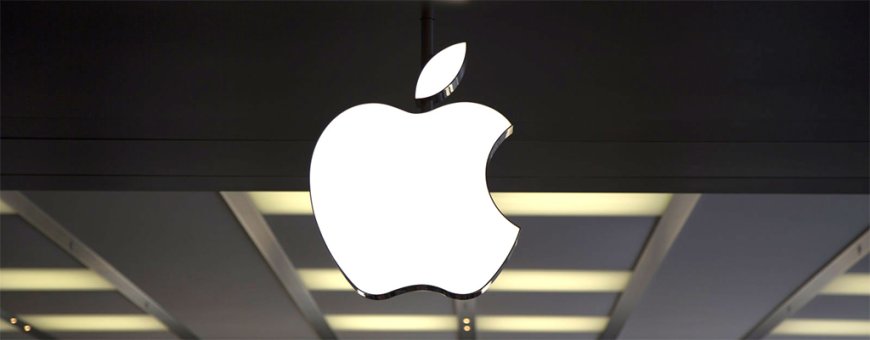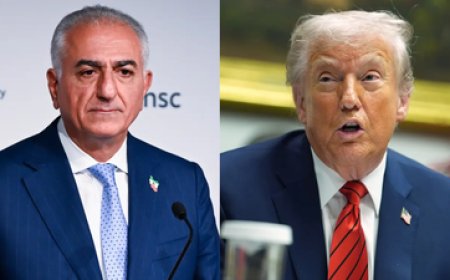Canada Cancels ‘Digital Services Tax’ Following Trump Threats

Canada’s federal government in Ottawa has scrapped its controversial digital services tax that targeted U.S. technology firms after U.S. President Donald Trump suspended all trade negotiations between the two countries and threatened retaliation over the measure.
The government of Prime Minister Mark Carney canceled the digital services tax late on June 29, just hours before it was to go into effect.
Canada’s finance ministry said in a statement that the digital services tax was canceled in a bid to advance trade negotiations with the U.S.
The neighbouring countries will now resume trade negotiations in order to agree on a deal by July 21, said the federal finance ministry.
President Trump abruptly called off trade talks on June 27 over the tax that targets U.S. technology firms, calling it an “attack.”
The breakdown in trade talks came after the two leaders met at a G7 meeting in mid-June and agreed to conclude a new economic agreement within 30 days.
Canada’s planned digital services tax was 3% of the digital services revenue a firm takes in from Canadian users above $20 million U.S. in a calendar year, and payments were to be retroactive to 2022.
It would have impacted U.S. technology giants such as Amazon (AMZN), Microsoft (MSFT), and Apple (AAPL), among others.
Prime Minister Carney’s government now plans to bring forward legislation in Parliament to rescind the Digital Services Tax.
Canada is the second-largest U.S. trading partner and the largest buyer of U.S exports.
Trump’s broad tariffs imposed on Canada in April have since been suspended while trade negotiations are ongoing, although Canadian steel and aluminum currently faces 50% duties on exports to America.














































